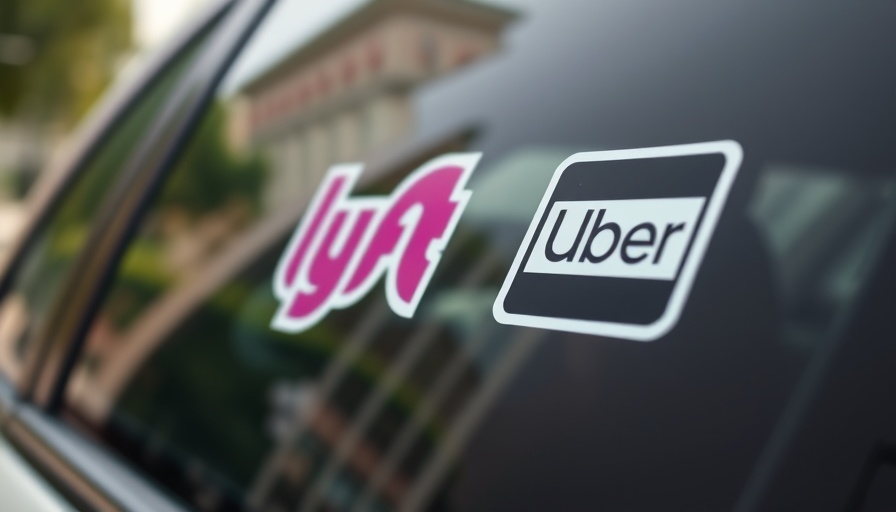
Rideshare Users Voice Their Frustrations
The rideshare industry, led by giants like Uber and Lyft, has drastically transformed the way people travel. However, a recent study has unveiled a troubling trend: dissatisfaction among users regarding customer support. As ridesharing continues to evolve—incorporating advancements like autonomous vehicles—customers are demanding better service and quicker resolutions to their issues.
Top States Where Rideshare Users Are Losing Patience
The analysis conducted by Blakely Law Firm utilized data from Google Keyword Planner to identify the states where rideshare passengers are most actively seeking customer support. The results demonstrated a stark reality. Georgia topped the list as the most frustrated state, followed by New York, Maryland, and others like Nevada and Illinois. These findings illustrate how dissatisfaction is not limited to a few isolated incidents but rather highlights systemic challenges across multiple states.
New York: A Case Study of Customer Frustration
Focusing on New York, the second-worst ranked state, the pattern of frustration is palpable. Reports indicate that users are often faced with unresolved issues such as billing errors or safety concerns, leading them to turn to online platforms for assistance. This digital cry for help sheds light on the inadequate support systems in place. The spokesperson from Blakeley Law Firm noted, "Behind each search is a rider facing an unresolved issue." Such insights stress the urgency for rideshare companies to reform their customer service approaches.
Impact of Driver Treatment on Customer Experience
Compounding the issue is the treatment of drivers, which ultimately affects the overall customer experience. A Bloomberg investigation revealed that Uber and Lyft frequently locked drivers out of their apps, manipulating working time records to maximize profits. This not only impacts driver morale but can also lead to longer wait times for riders, exacerbating their dissatisfaction. Recognizing this, New York City’s Taxi and Limousine Commission recently voted to increase minimum pay standards by 5% and implement regulations to combat app lockouts, a move that promises to enhance service quality by ensuring drivers are more engaged and available.
Future Considerations for Rideshare Companies
While recent developments may lead to improved service in regions like New York, the broader industry must heed these warnings. States like Texas and Florida, which rank high on the dissatisfaction list, also require attention to ensure that all rideshare users feel supported. As the industry enters new paradigms with autonomous technologies, it is crucial that customer service evolves in tandem.
Final Thoughts on Rideshare Customer Support
In conclusion, while the integration of innovative technologies within ridesharing is commendable, the failure to provide satisfactory customer support is a significant drawback. States experiencing high frustration levels should encourage rideshare companies to reassess their support frameworks to maintain a loyal customer base. Rideshare services need to focus on establishing more responsive communication channels, ensuring riders receive timely assistance. Enhancing these vital components will not only build customer trust but also facilitate a more efficient and enjoyable rideshare experience across the nation.
 Add Row
Add Row  Add
Add 




Write A Comment